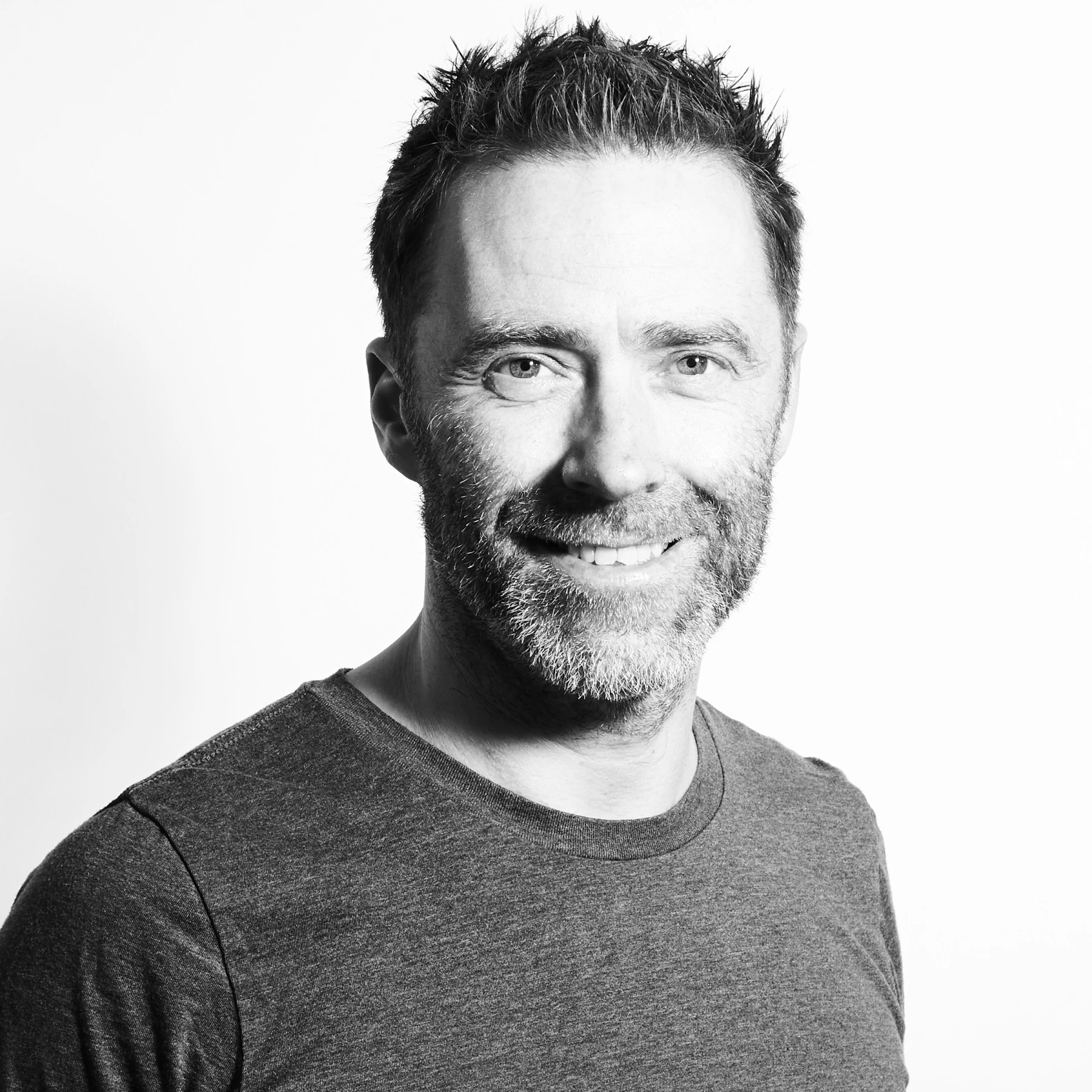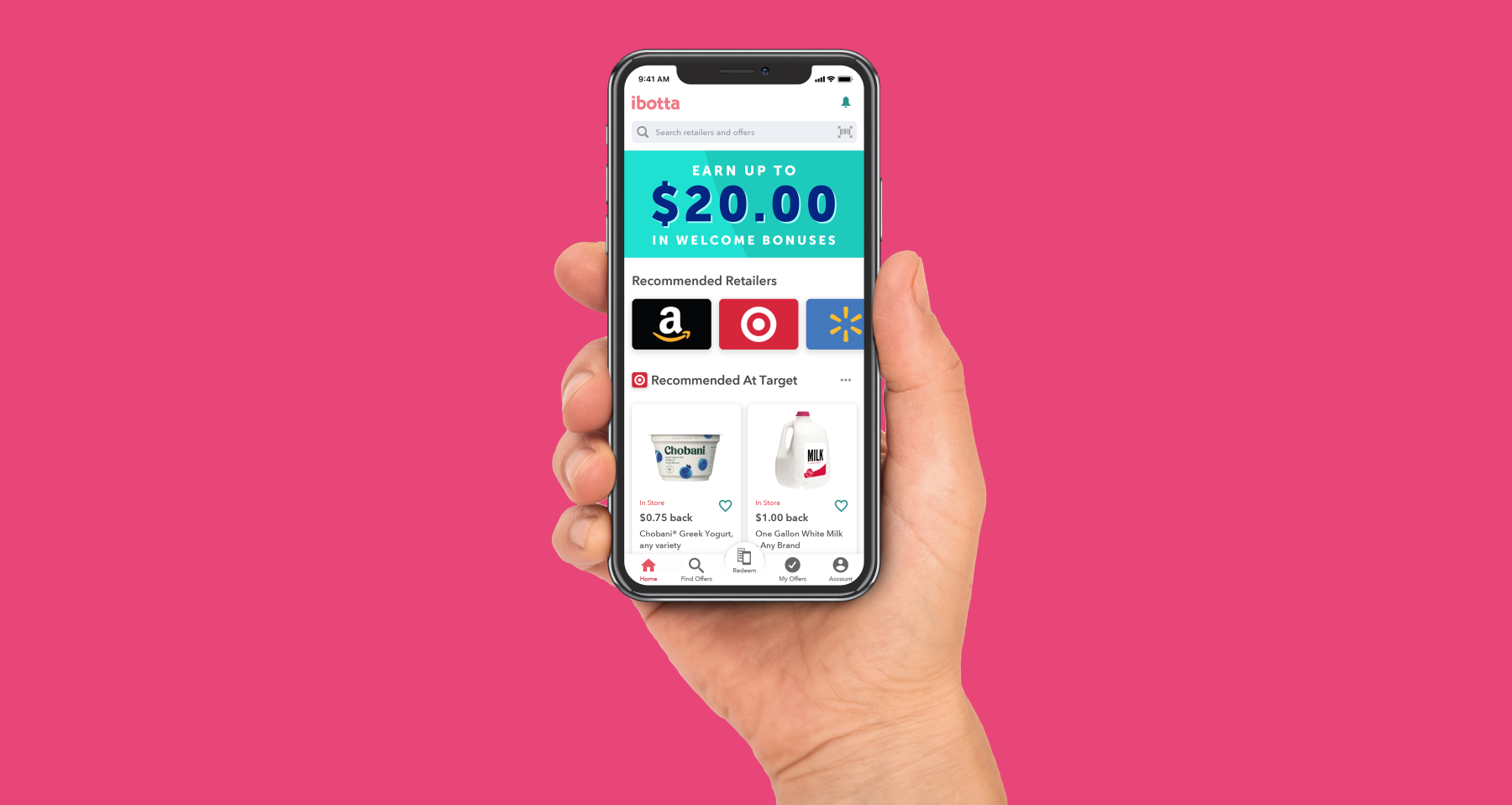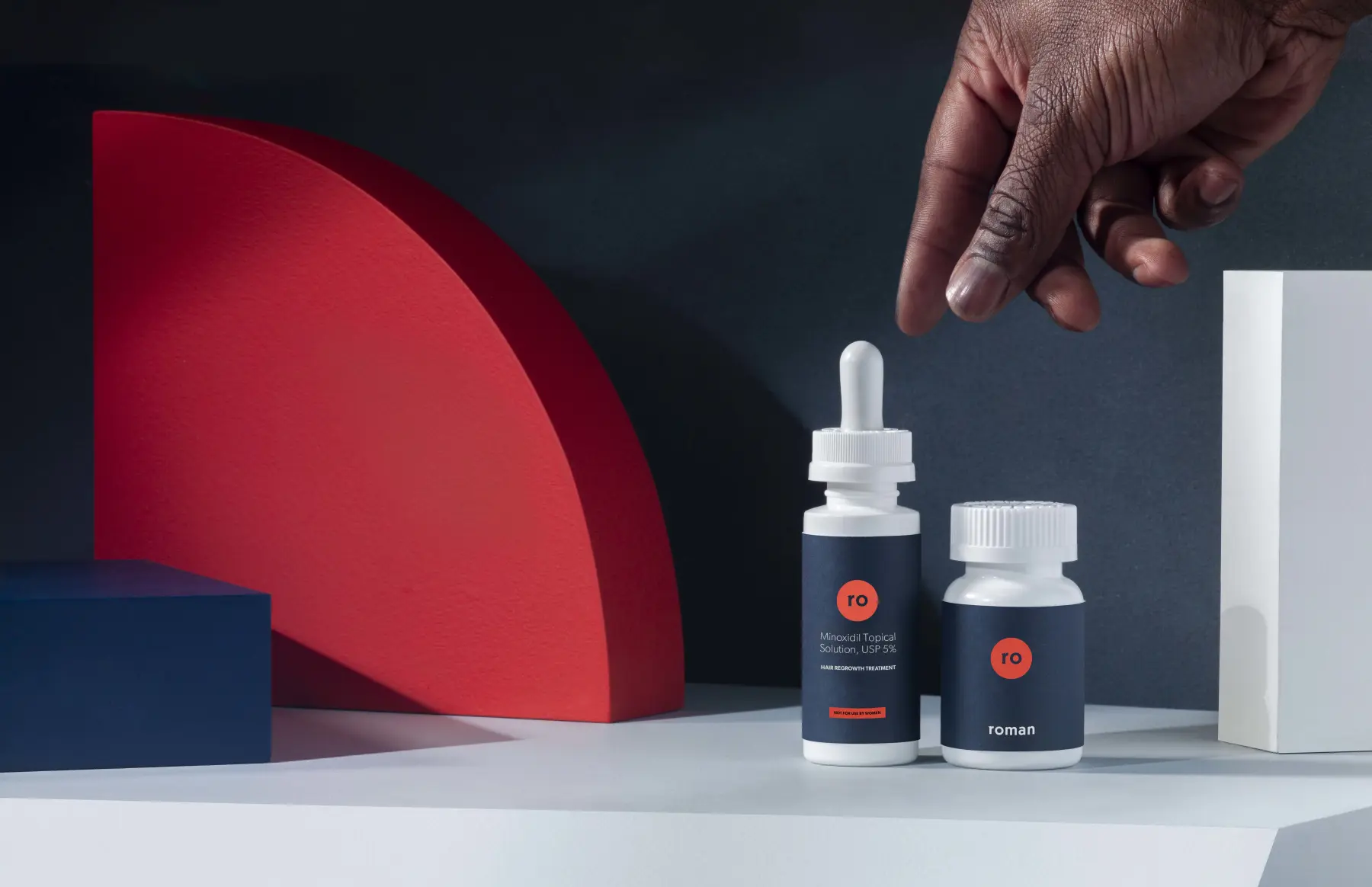
3 Pitfalls D2C Brands Should Avoid When Launching TV Campaigns
This article was written by Tatari's CEO and co-founder and was originally featured on MediaPost.
For many successful DTC brands, TV advertising has become a definite consideration when customer acquisition is maxed out on digital channels like Facebook, display, or search.
The nuts and bolts of buying and measuring TV can still be complex. And for young brands with billion-dollar aspirations (on a six-figure marketing budget), the TV-buying learning curve can be costly, or even detrimental.
TV advertising campaigns are now well within reach for DTC brands, even if they weren’t as little as 18 to 24 months ago. But merely plunging into TV is not enough to be successful. Here are three common pitfalls to avoid.
Pitfall 1: Starting by spending large amounts on large spots.
Not every ad is a $5 million Super Bowl spot, but a 30-second spot during popular prime-time shows like NBC’s “This is Us” can still cost upwards of $430,000. For some brands, that’s the equivalent of a full year’s marketing budget, putting that caliber of TV ad campaign well out of reach.
But there are other shows, networks and times of day (or dayparts) that can deliver exposure in a far more cost-effective manner. By developing a targeted, data-driven media plan, a brand might be able to run a week of test campaigns across five different networks for less than $30,000.
As with digital, you can start small,and test extensively across networks, dayparts, creatives etc. before you take on the big.
Pitfall 2: Optimizing for performance instead of optimizing for scale.
This is a paradox to the above, yet it is very real, and a point many novice TV advertisers fail to consider.
The plethora in data sources (e.g. clickstream, set-top box, smart TV, etc) and methodologies often drives D2C brands (or worse, their agencies) into a campaign that focuses on performance.
That’s too narrow an approach because it fails to tap into what television, unlike any other marketing channel, offers: reach and scale. For paid social marketers, this is the equivalent of layering too much targeting into a social ad that shrinks your potential audience. A good TV campaign is an optimization of both performance and scale.
Once early success has been met, D2C brands need to aggressively look into ways to expand their reach, which often means moving into bigger or high-profile — and therefore more expensive — airings. And those airings don’t always drive an immediate ROI, which leads to our third pitfall.
Pitfall 3: Focusing on immediate ROI.
It takes time for a TV campaign to truly shine.
First, TV campaigns don’t always immediately translate into site traffic or sales. In many cases, KPIs and sales metrics are actually met over a longer period of time. For some campaigns, sales conversion can be months away.
Second, and unlike digital, the outcome of the most aggressive and meticulous tweaks in a TV campaign doesn’t always manifest itself immediately. While data-driven models can help optimize TV campaigns across a variety of factors, audience segmentation and targeting aren’t as granular and immediate as selecting interests and demographics on Facebook.
For first-time TV advertisers, this lack of immediate performance can create a strong sense of urgency or concern -- especially with a $50,000 budget on the line, and co-founders, investors or a skeptical board to have to answer to. Winning with TV requires a bit of a commitment (and in some cases, the stomach) to seeing the testing and optimization process through. We often find that it takes a minimum of 4-6 weeks to find what airings truly work.
These are very common pitfalls for the DTC challengers stepping up to the TV plate. If you can embrace the above, and leverage applicable best practices from digital, your TV campaign will most likely be successful.

Philip Inghelbrecht
I'm CEO at Tatari. I love getting things done.
Related
Client Spotlight: Brooke O'Brien at Ibotta
Tatari sat down with Brooke O'Brien, Marketing Manager of User Acquisition at Ibotta, to learn more about her journey and experience with TV advertising.
Read more
Client Spotlight: Jordan Gladstone at Dave.com
Tatari sat down with Jordan Gladstone, Director of Marketing at Dave to learn more about her journey and experience with TV advertising.
Read more
Client Spotlight: Will Flaherty at Ro
Tatari sat down with Will Flaherty, VP of Growth at Ro to learn more about his journey and experience with TV advertising.
Read more


